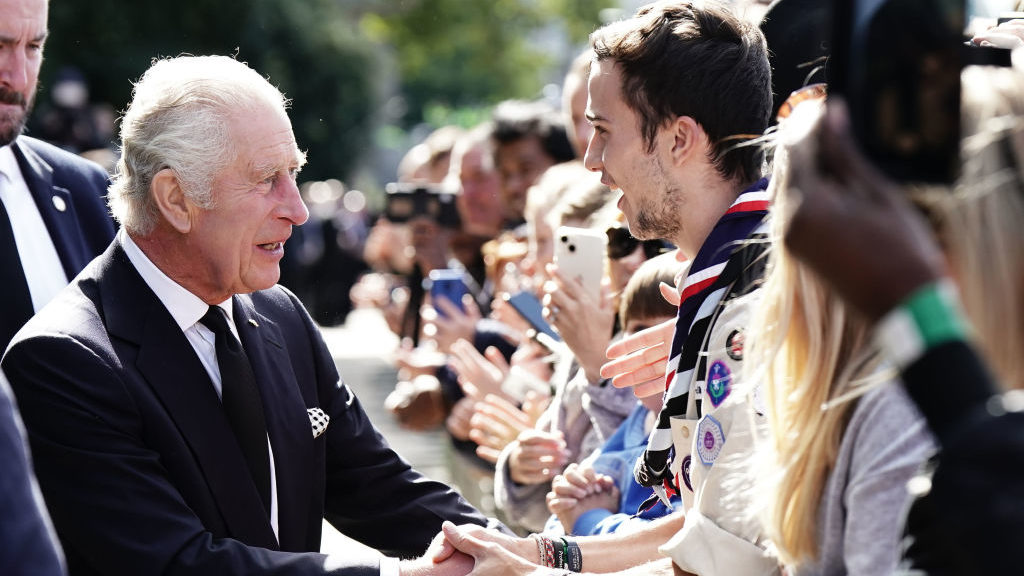King Charles III Has Big Shoes To Fill
Al-Masry Al-Youm, Egypt, September 13
English literature is rife with references to the Victorian Era; a period of time that marked the reign of Queen Victoria, who ruled over Britain during the nineteenth century. Indeed, Queen Victoria’s name is still associated with many schools of thought and various models – whether in architecture, in furniture and even in fashion. At the time of her reign, Queen Victoria was the longest-serving monarch in British history. However, this title was assumed by Queen Elizabeth II, who died last week at the age of 96. Queen Elizabeth’s rule, which spanned more than seven decades, also saw remarkable change in British society, including the dissolution of British colonies and the emergence of the Commonwealth of Nations led by Great Britain. Throughout the years, Queen Elizabeth II enjoyed a high degree of respect and admiration, especially given the challenges experienced within the royal family under her rule. These challenges began when the Queen’s sister, Princess Margaret, had to forgo marrying the man she loved, and continued with the divorce of Prince Charles and Princess Diana; a crisis that almost ravaged the British monarchy. But things didn’t end there. King Charles continued to face declining public support, especially following Diana’s tragic death in Paris. His brother, Prince Andrew, has been accused of child molestation and sexual misconduct, which almost caused the queen to revoke his title and credentials before her death. Then came the scandal surrounding Prince Harry’s decision to abandon his royal titles and leave the United Kingdom with his wife, Meghan Markle, who was never accepted by the royal household. All of these crises significantly challenged the monarchy; yet the queen remained steadfast and resilient, and continued to lead her people with composure and equanimity. As for King Charles, the newly-appointed king has big shoes to fill and only time will tell whether he’ll be able to garner the public’s affection like his mother did. I first met King Charles in the early 2000s, at a small dinner party hosted by the British ambassador to Egypt. Charles, who was still a prince, visited Egypt on a private exploratory expedition together with his wife, Camilla. The prince wore a traditional Scottish garb and seemed calm, polite and friendly to those around him. The second time I met him was in 2006, when he arrived for the opening of the British University in Egypt. I recall he was very attached to his wife and seemed keen on making her feel comfortable and welcomed. We had a chance to discuss his interest in the Islamic religion and Muslim history in general. Our third meeting was in 2021, when I hosted him and his wife at the Library of Alexandria. We had a wonderful meeting and the prince invited me to give a lecture at a charitable association he established in London. All of these exchanges left me with a strong conviction that King Charles is an incredibly bright and intellectual individual, with a deep understanding and appreciation for Islam and the Arab world. Queen Elizabeth died last week, marking the end of an era. King Charles seems determined to follow his mother’s footsteps and lead the kingdom with wisdom, tranquility and sobriety, even as it faces new troubles down the road. –Mostafa Elfeki (translated by Asaf Zilberfarb)

